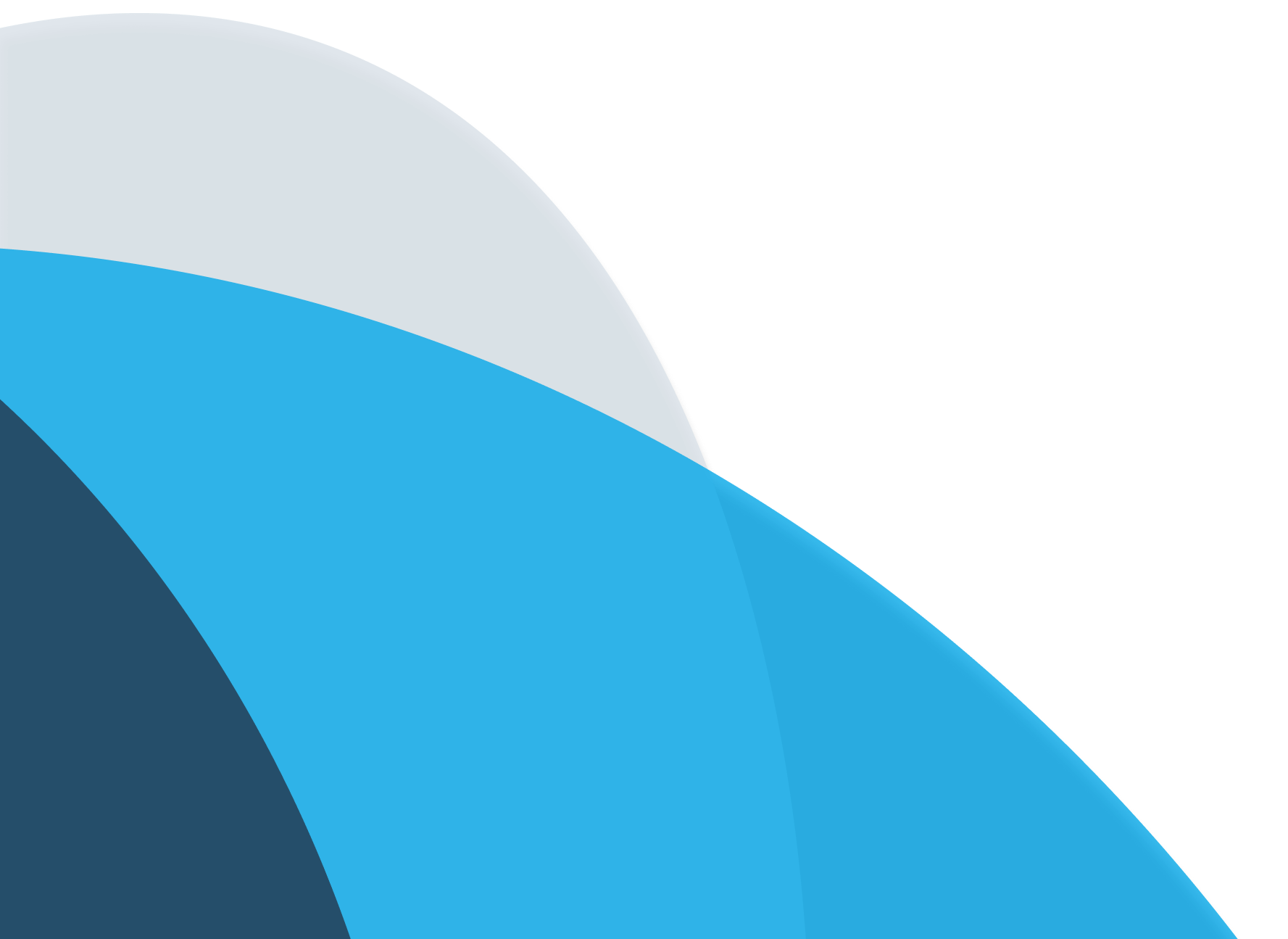FTCE CS Preparation Course
Online PD course fully aligned to prepare CS teachers for the FTCE
CodeHS is now offering an online professional development course to help prepare teachers for the Florida Teaching Certification Examinations (FTCE) - Computer Science. The CodeHS FTCE-CS Preparation Course is the first course that covers 100% of the competencies designated for the exam.
-
100% aligned to competencies
-
Flexible self-paced timeframe
-
In-course support with an instructor
Course Overview
Here is an outline of the course modules:
|
In this unit, you will learn about the course, how to be successful at completing the course and how to get help from the CodeHS team. |
|
|
Intro to Java with Karel the Dog. Learn the basics of java commands, control structures, and problem solving by solving puzzles with Karel. |
|
|
You will review a history of computing and learn about the various parts that make up modern computers. You'll also explore the impact computing has had on today's world, and consider the impacts computing could potentially have in the future. |
|
|
You will learn about the various ways we represent information digitally including number systems, encoding data, and creating pixel images. |
|
|
Students explore the structure and design of the internet, and how this design affects the reliability of network communication, the security of data, and personal privacy. |
|
|
In this unit, you will learn about and compare the different operating systems. You will also explore the different types of software and applications |
|
|
In this unit, you will learn about the internal components of the computer, peripheral devices and network devices. You will then explore the different storage options. You will conclude this unit with learning about different network options and how networks communicate. |
|
|
Students delve into key areas such as personal data collection, the reliability of online information, cyber ethics and laws, personal data security, cybersecurity essentials, and strategies to combat common cyber threats and their prevention, equipping individuals with the knowledge to navigate the digital landscape responsibly and securely. |
|
|
In this unit, you will learn what the creative development process is and how it is used to develop programs. |
|
|
Did you know the best programmers work in teams? Teachers incorporate collaborative programming best practices into their blended learning classroom to increase student collaboration with pair programming, student projects, ideation sessions, and white boarding. |
|
|
This module provides strategies for inclusive computer science instruction and equips educators with tools to prepare students for real-world career opportunities, connecting coding concepts to diverse professions. |
|
|
In this unit, you will be introduced to the difference between OOP and Event-Driven Programming. You will then learn about and explore the Scratch™ environment. |
|
|
Finding and fixing errors in programs is a fundamental skill for new and experienced programmers to develop. This module introduces debugging, the art and science of fixing broken programs. You'll learn techniques for finding common code errors and effective debugging strategies to share with students. |
|
|
In this module, you will learn the basics of the Java programming language. This module covers printing, variables, types, as well as how to use the basic control structures in the Java language. |
|
|
In this module, you will learn how to define methods in their programs and use autograders to test if their methods are working correctly. |
|
|
In this module, you will learn the basics of Object Oriented Programming in Java, which is a powerful programming paradigm. You learn how objects store data and interact with each other in Java programs. You will design and implement classes and extend classes using inheritance. |
|
|
In this module, you learn basic data structures in Java including arrays, ArrayLists, 2 dimensional arrays and HashMaps. Data structures will be used to design larger applications. |
|
|
In this module, students are introduced to fundamental searching and sorting algorithms including sequential search, binary search, insertion sort, selection sort, and mergesort, as well as the important concept of recursion. |
|
|
This unit provides resources for studying and preparing for the FTCE exam. |
|
|
In this unit, you will complete a course survey. |
Course Format
Our FTCE prep course is offered entirely online and is made up of a series of learning modules that cover both the basics of programming and the pedagogy of teaching programming in a blended classroom. Throughout the course participants will engage with short video tutorials, auto-graded programming exercises, open-ended responses, and debugging problems. At the end of the course, participants will find a full-length mock exam to determine their preparedness for the exam.
The course is designed for new and experienced teachers interested in taking the Florida Teaching Certification Examinations - Computer Science.
Alignments
CodeHS has mapped out and fully aligned all standards covered in the FTCE CS Exam, ensuring each objective is covered in this prep course. View the 42/42 covered competencies in detail.



What is FTCE?
Florida Teaching Certification Examinations - Computer Science K–12 (005) is a comprehensive exam designed to demonstrate that a teacher is highly competent in teaching computer science.
In June 2019, Florida’s Governor Ron DeSantis signed a bill to invest $10 million in high schools to train more computer science teachers in Florida.
FTCE CS Competencies Covered
This prep course covers all of the FTCE Computer Science skills and competencies including:
Computational thinking and problem solving
Data types and structures
Programming logic
Programming languages
Computer hardware, software, and networking
Historical aspects and social issues related to computer technologies
Computer science pedagogy

